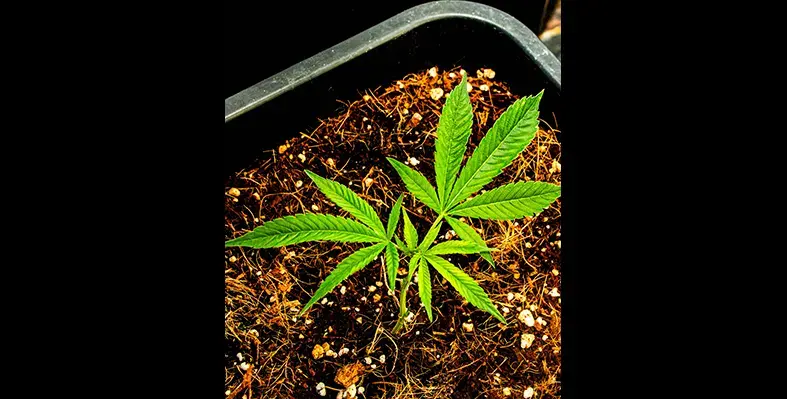The cannabis industry is expanding rapidly across South Africa and Zimbabwe, with the plant now used in everything from medicinal oils and pain-relief creams to health drinks and supplements
Globally, the legal cannabis market is valued at US$69.78bn and is forecast to reach US$216.76bn by 2033.
However, many are asking whether this boom truly benefits the small-scale farmers who have cultivated cannabis for generations in rural Africa. Long before colonial laws criminalised it, local communities grew the plant for medicine and income. Even during prohibition, it remained vital to rural livelihoods, paying for food, school fees, and family needs.
In 2018, South Africa’s Constitutional Court decriminalised private cannabis use, while Zimbabwe legalised its cultivation for medicinal and industrial purposes. Yet, despite these reforms, most smallholder farmers remain excluded from the legal market.
Researchers found that cannabis production has become “an exclusive business which only well off businesses can participate in.” High costs and strict regulations mean farmers who once sustained the industry now struggle to obtain licences or meet compliance standards.
In South Africa, the start-up cost for a medicinal cannabis farm can reach R3mn to R5mn, making it unattainable for rural growers. Similarly, in Zimbabwe, a five-year cultivation licence costs US$50,000, plus annual inspection fees and the expense of greenhouses often over US$220,000 for a five-hectare farm.
As a result, wealthy investors dominate the legal market, while traditional farmers continue to grow cannabis illicitly. Experts warn that this imbalance perpetuates rural inequality and undermines sustainable agricultural reform.
To make cannabis a true “green gold” for Africa, reforms must include affordable licensing, farmer cooperatives, and community–investor partnerships. Recognising the knowledge and resilience of traditional growers could ensure the crop benefits entire communities, not just corporations.





